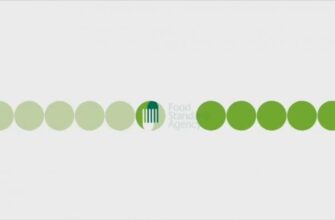As medical professionals intensify efforts to mitigate the risks of heart attack and stroke, many physicians now advocate for statin use in individuals over 50. However, concerns surrounding potential side effects continue to spark debate and discourage some from adhering to prescribed regimens.
One individual, Justine, recently shared her experience with statins on TikTok, detailing the adverse effects she encountered. “Most people with high cholesterol receive a prescription for these medications,” she stated. “What’s often not fully communicated is the possibility of side effects—and believe me, they were debilitating.”
“I began taking statins intending to safeguard my health in the long term, but they dramatically impacted my daily life. Constant muscle aches and a complete lack of energy left me feeling like an entirely different person.”
Justine subsequently discovered two plant-based supplements that she claims have significantly improved her well-being. She emphasized their clinical and scientific backing in supporting metabolic health, regulating blood sugar and cholesterol levels, enhancing mood, and promoting mental clarity.
Nutritionist Irene Astaficheva has previously highlighted the potential of non-pharmaceutical approaches to achieve positive results relatively quickly. “Dietary and lifestyle modifications can lead to a noticeable reduction in LDL (‘bad’) cholesterol within four to six weeks,” she explained.
According to nutritionist Shona Wilkinson, phytosterols and plant sterols offer effective alternatives for managing cholesterol levels. These compounds, naturally present in plant cell membranes and structurally similar to cholesterol itself, function by diminishing the absorption of cholesterol into the bloodstream.
Wilkinson elaborated on food sources rich in phytosterols, including:
- Sesame seeds
- Edamame
- Kidney beans
- Split and green peas
- Broccoli
- Cauliflower
- Brussels sprouts
- Peanuts
- Almonds
While these foods are beneficial, Wilkinson cautioned that achieving a sufficient dose (approximately two grams daily) through diet alone can be challenging.
Fortunately, many food products—such as yogurts, spreads, and cheeses—are fortified with plant sterols.
“Prescription medications often completely halt cholesterol production, which can create complications,” Wilkinson noted. “Plant sterols instead reduce the amount absorbed, a far more favorable approach.”
She concluded by suggesting that some individuals may benefit from exploring natural alternatives and adopting lifestyle changes to effectively manage their cholesterol levels.







